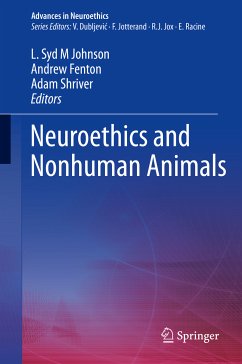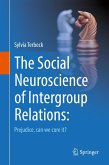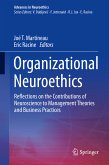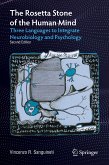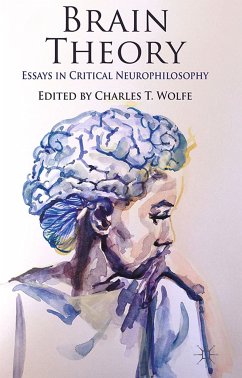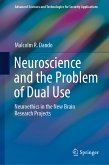Neuroethical questions concerning animals' moral status, animal minds and consciousness, animal pain, and the adequacy of animal models for neuropsychiatric disease have long been topics of debate in philosophy and ethics, and more recently also in neuroscientific research. The book presents a transdisciplinary blend of voices, underscoring different perspectives on the broad questions of how neuroscience can contribute to our understanding of nonhuman minds, and on debates over the moral status of nonhuman animals. All chapters were written by outstanding scholars in philosophy, neuroscience, animal behavior, biology, neuroethics, and bioethics, and cover a range of issues and species/taxa.
Given its scope, the book will appeal to scientists and students interested in the debate on animal ethics, while also offering an important resource for future researchers.
Chapter 13 is available open access under a CC BY 4.0 license at link.springer.com.
Dieser Download kann aus rechtlichen Gründen nur mit Rechnungsadresse in A, B, BG, CY, CZ, D, DK, EW, E, FIN, F, GR, HR, H, IRL, I, LT, L, LR, M, NL, PL, P, R, S, SLO, SK ausgeliefert werden.

